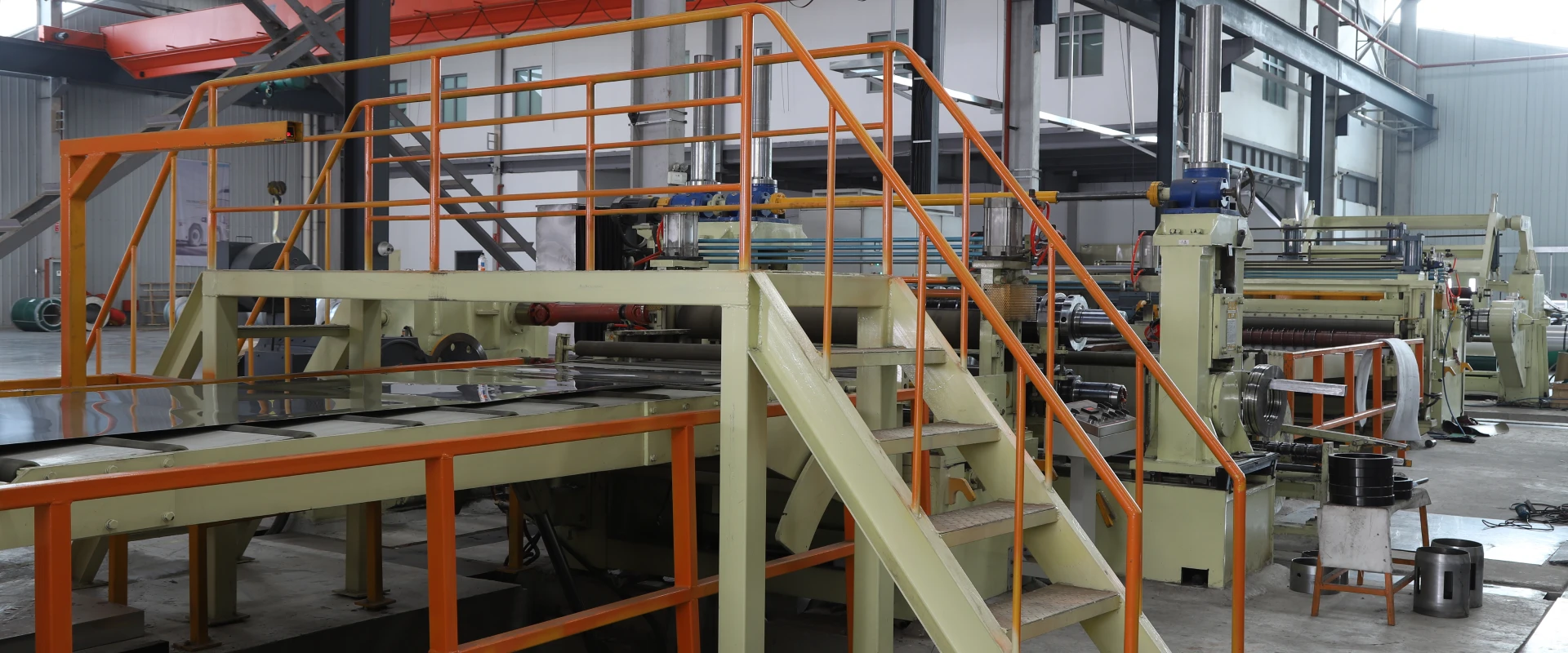A Comprehensive Guide to Choosing the Right Titanium Alloy for Your Needs
Titanium alloys have become indispensable across a range of industries, including aerospace, medical, automotive, and chemical processing. Their unique combination of lightweight properties, strength, and corrosion resistance makes them a preferred material for demanding applications. However, choosing the most suitable titanium alloy for your specific requirements can be a complex process, given the variety of options available.
This guide provides an in-depth look at different types of titanium alloys, their properties, and the factors to consider when selecting the right one for your needs. By the end, you will have a clear understanding of how to make an informed decision.

Overview of Titanium Alloys
Titanium alloys are formed by combining titanium with other elements such as aluminum, vanadium, and molybdenum. These elements enhance the material’s properties, such as strength, toughness, and resistance to extreme environments.
Key Benefits of Titanium Alloys
Lightweight and Strong: Titanium alloys offer a high strength-to-weight ratio, making them ideal for applications requiring strength without added bulk.
Corrosion Resistance: They perform exceptionally well in environments exposed to seawater, chemicals, or extreme temperatures.
Biocompatibility: Certain titanium alloys are safe for medical implants and prosthetics, as they do not react with biological tissues.
Common Applications
Aerospace: Aircraft components, such as fuselages and landing gear, rely on titanium’s strength and heat resistance.
Medical: Implants and surgical instruments benefit from titanium’s biocompatibility.
Chemical Processing: Equipment in corrosive environments utilizes titanium’s resistance to chemical attack.
Types of Titanium Alloys
Titanium alloys are broadly classified into four categories based on their microstructure: Alpha Alloys, Beta Alloys, Alpha-Beta Alloys, and Commercially Pure (CP) Titanium.
Alpha alloys are non-heat-treatable and contain aluminum and tin as primary alloying elements. These alloys excel in high-temperature environments and offer excellent corrosion resistance.
Properties: High stability at elevated temperatures, good weldability, and moderate strength.
Applications: Jet engines, marine hardware, and cryogenic systems benefit from these properties.
Beta Alloys
Beta alloys contain elements like vanadium and molybdenum, which improve their heat treatability and formability. They are known for their high strength and versatility.
Properties: Heat treatable, highly formable, and exceptionally strong.
Applications: Aerospace fasteners, automotive suspension springs, and sports equipment.
Alpha-Beta Alloys
Alpha-Beta alloys combine the properties of both alpha and beta phases, offering a balance of strength, toughness, and corrosion resistance. The most commonly used alloy, Ti-6Al-4V, falls into this category.
Properties: Excellent mechanical properties and good corrosion resistance.
Applications: Widely used in aircraft frames, medical implants, and industrial machinery.
Commercially Pure (CP) Titanium
CP Titanium is nearly pure titanium with minor oxygen and iron content. It offers high ductility and superior corrosion resistance but lower strength compared to alloyed grades.
Properties: Outstanding corrosion resistance and biocompatibility.
Applications: Desalination plants, medical devices, and chemical processing equipment.
Factors to Consider When Choosing a Titanium Alloy
Selecting the right titanium alloy requires careful evaluation of the application’s specific needs. Here are the primary factors to consider:
1. Application Requirements
Evaluate the environmental and mechanical conditions your application will face. For example:
High Temperatures: Beta alloys excel in environments with extreme heat.
Corrosive Environments: CP Titanium is ideal for resisting seawater and chemical corrosion.
2. Mechanical Properties
Consider the strength, fatigue resistance, and toughness required. For instance:
Aerospace components benefit from Alpha-Beta alloys due to their high strength-to-weight ratio.
Medical implants require a combination of biocompatibility and strength, making CP Titanium or Ti-6Al-4V suitable options.
3. Cost and Availability
While titanium alloys are generally more expensive than other metals, certain grades, like CP Titanium, may offer cost advantages for specific applications.
4. Fabrication and Machinability
Some alloys are easier to machine or weld than others. Beta alloys, for example, offer excellent formability, which can reduce production costs.
Common Use Cases and Recommended Alloys
Aerospace Industry
The aerospace sector requires materials that can withstand extreme conditions while remaining lightweight. Alpha-Beta alloys, such as Ti-6Al-4V, are commonly used for structural components and engine parts.
Medical Applications
CP Titanium and Alpha-Beta alloys are widely used in medical implants and devices due to their biocompatibility and corrosion resistance.
Automotive
High-performance vehicles often incorporate Beta alloys in suspension springs and exhaust systems for their strength and durability.
Chemical Processing
CP Titanium is preferred in chemical plants and desalination systems for its ability to resist corrosive substances.
Tips for Making the Final Decision
Collaborate with Experts: Work with materials engineers or suppliers to identify the most suitable alloy for your needs.
Prototype Testing: Conduct real-world testing to evaluate how the selected alloy performs under your application’s conditions.
Long-Term Considerations: Factor in the cost of maintenance, durability, and potential upgrades when choosing an alloy.
Frequently Asked Questions (FAQ)
What is the most cost-effective titanium alloy? CP Titanium is often the most economical option for applications requiring corrosion resistance without high strength demands.
Which titanium alloy is best for high-temperature applications? Beta alloys, with their excellent heat resistance, are ideal for high-temperature environments.
How does titanium compare to other materials like stainless steel or aluminum? Titanium offers a superior strength-to-weight ratio and better corrosion resistance but is more expensive.
Are titanium alloys recyclable? Yes, titanium alloys are recyclable, making them an environmentally friendly option for sustainable manufacturing.
Choosing the right titanium alloy requires a careful balance of application requirements, mechanical properties, and cost considerations. Alpha, Beta, Alpha-Beta, and CP Titanium each offer unique advantages tailored to specific industries and applications. By understanding these properties and working with experts, you can ensure your choice maximizes performance and efficiency.

